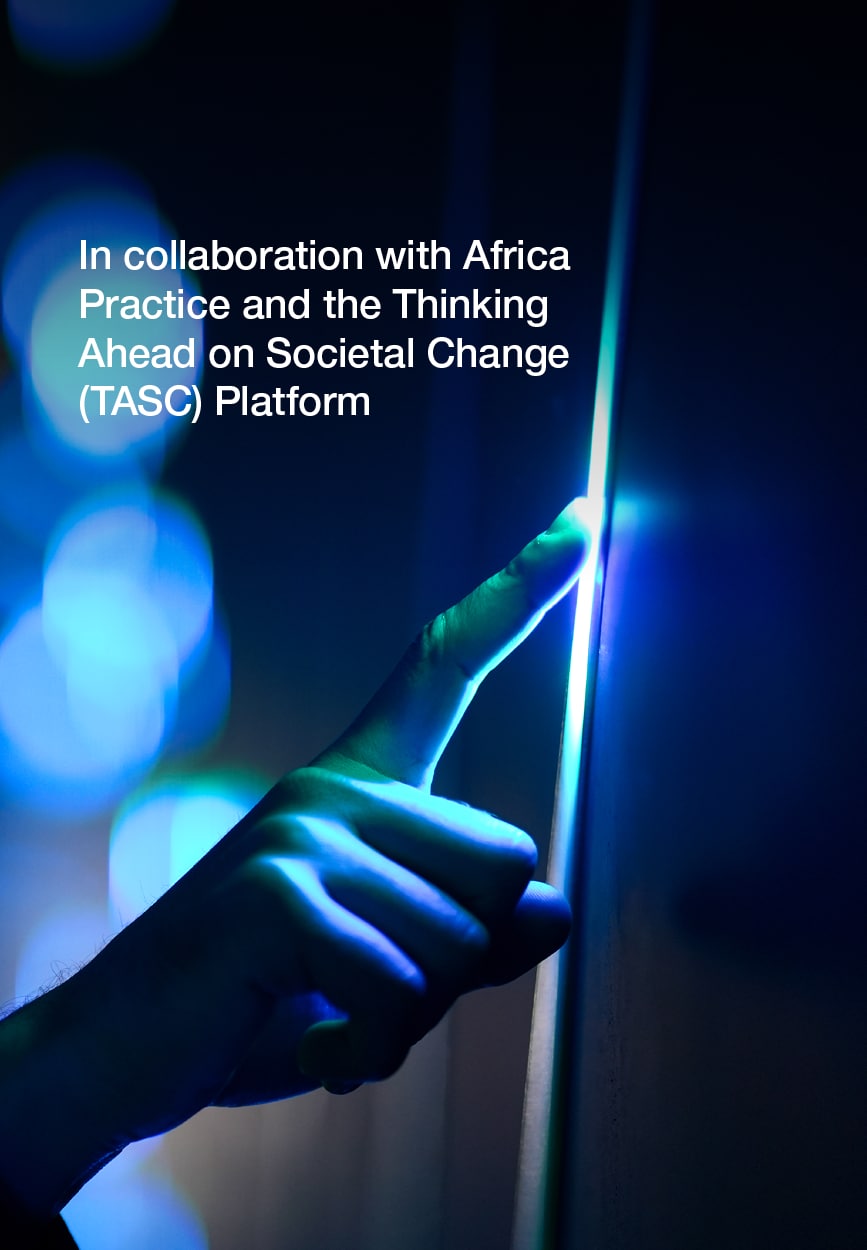How the Time's Up movement turned talk into action

Women in black at the Golden Globes ... Halle Berry, Reese Witherspoon, Salma Hayek, Ashley Judd and Eva Longoria
Image: REUTERS/Mario Anzuoni
Stay up to date:
Education
Leading actresses, including household names Reese Witherspoon, Viola Davis and Gabrielle Union, declared #MeToo on Twitter, speaking out about the sexual harassment they had endured on their path to fame.
The movement spread like wildfire. Men from cinema, media and politics were forced to apologise, resign, and in some cases, face criminal charges.
But while patriarchs were falling, the patriarchy seemed stronger than ever, as Susan Faludi wrote in the New York Times. Hashtags might be cathartic. But could a social media movement fix the structural inequalities that allow powerful men to take advantage of women?
Perhaps. Because those same Hollywood women have established Time’s Up, the biggest action-oriented response to the stream of sexual harassment allegations.
The movement came to the world’s attention on January 1, when 300 of Hollywood’s leading women published an open letter in the New York Times and La Opinión.
Accept our marketing cookies to access this content.
These cookies are currently disabled in your browser.
"The struggle for women to break in, to rise up the ranks and to simply be heard and acknowledged in male-dominated workplaces must end", stated the letter.
"Time’s up on this impenetrable monopoly."
The list of signatories read like a who’s who of the film industry, from Oscar-winning actresses such as Cate Blanchett and Meryl Streep to directors like Shonda Rhimes. (The latter is a rarity; just a tiny percentage ‒ 7% this year ‒ of top films are directed by women.)
The movement is leaderless. It consists of loosely aligned working groups, each focused on different parts of the broader issue. Some of their actions have already made headlines, including the call for Golden Globe attendees to wear all black.
Accept our marketing cookies to access this content.
These cookies are currently disabled in your browser.
Other plans are less Instagrammable but have the potential for a much deeper impact.
For example, Time Up’s has set up a legal defence fund to help less privileged victims of sexual assault. It has already raised over $16 million. The fund will be administered by the National Women’s Law Center.
If the movement has been described as revolutionary, it’s not just because of what they plan to do. It’s because of the people those actions will help.
While the #MeToo movement gave some victims a voice, many women were still struggling to be heard, especially poorer women, women of colour, and those working in less glamorous industries. Time’s Up is attempting to reach those people.
“We recognize our privilege and the fact we have access to enormous platforms to amplify our voices,” acknowledged the signatories to the open letter.
“We want all survivors of sexual harassment, everywhere, to be heard, to be believed, and to know that accountability is possible.”
That might seem like a distant dream. For every perpetrator being held accountable for his past actions, many more remain in positions of power. But that’s not stopping these women from trying. As Rhimes explained to the New York Times: “if this group of women can’t fight for a model for other women who don’t have as much power and privilege, then who can?”
Have you read?
3 inventive ways to end violence against women
Christine Lagarde: Women need ‘skin as thick as a crocodile’ to make it to top
Not everything is ‘man-made’: 13 amazing inventions you can thank women for
This viral video wants to change how you see women
These women changed the world - and you've probably never heard of them
Don't miss any update on this topic
Create a free account and access your personalized content collection with our latest publications and analyses.
License and Republishing
World Economic Forum articles may be republished in accordance with the Creative Commons Attribution-NonCommercial-NoDerivatives 4.0 International Public License, and in accordance with our Terms of Use.
The views expressed in this article are those of the author alone and not the World Economic Forum.
Forum Stories newsletter
Bringing you weekly curated insights and analysis on the global issues that matter.
More on Education and SkillsSee all
Shankar Keshav Prasad
September 15, 2025
Emilian Axinia
September 11, 2025
Alexander Shevchenko
September 4, 2025
Corinne Brenner and Mandë Holford
September 4, 2025
Bolor-Erdene Battsengel and Grace Marr
September 4, 2025






